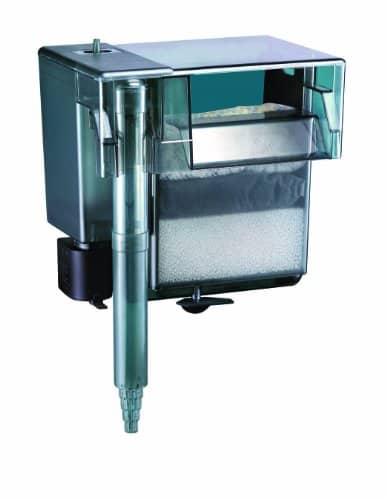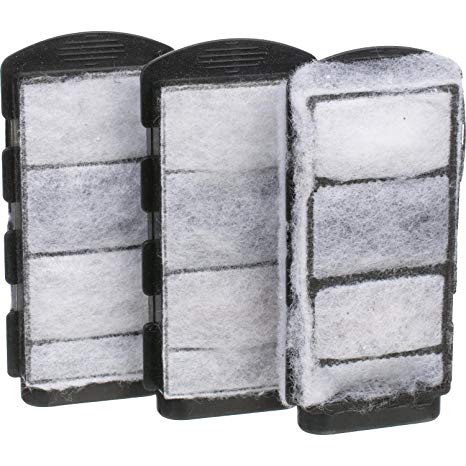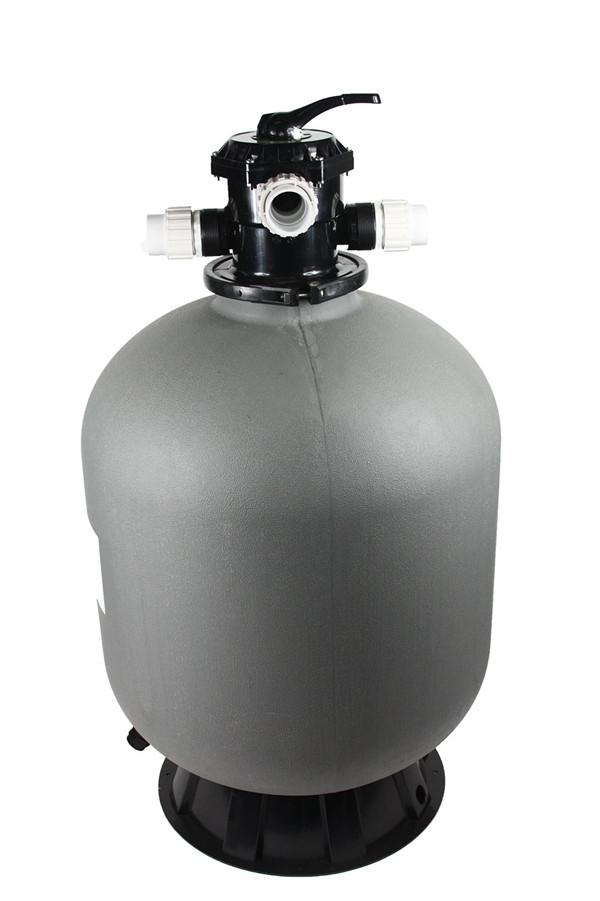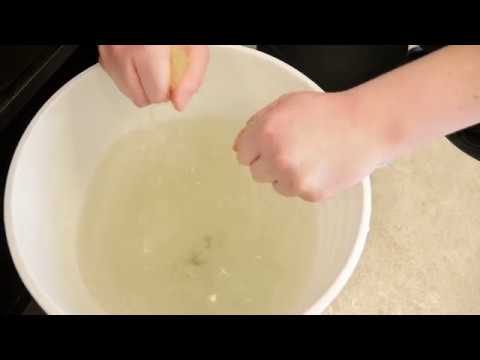There are many different types of fish tank filtration and they have distinctive roles. Many fish tank filters have an all-in-one approach that makes things easy for most fish owners.
Types of Fish Tank Filtration
- Mechanical (floss, sponges, pads) – These components remove particulate from your aquarium. They need to be cleaned regularly to maintain water flow rates throughout your aquarium.
- Biological (bioballs, ceramic media, strapping, floss, sponges, media bed) – These provide housing for your good bacteria that keep your nitrogen cycle running smoothly. They need to be cleaned carefully so you do not remove too many of them.
- Chemical (UV, carbon) – These components change the action of particulates in your water. UV lights kill algae and carbon will alter any chemical treatments added to your tank. UV light has NO EFFECT on bacteria or parasites living on your fish.
When you clean your tank, understanding what each part does will illustrate how to clean it. Mechanical filtration can be cleaned fairly thoroughly. Chemical filter components need to be replaced regularly for proper function. Biological filtration needs to be cleaned with old tank water and not until sparkling!
Watch our video on how to properly clean your fish tank and media.

Combo Filters
These filters come with a combination of filtration types, usually sponges (mechanical/biological), carbon (chemical) and zeolite (chemical – ammonia scrubber). You do not have to use all of the components! Our office just uses the sponges; carbon is not necessary and an ammonia-scrubber isn’t needed for established, well-maintained systems.

Floss Cartridges
These are the most useless filters in the aquarium hobby. They are not meant to last and hemorrhage money. Switch them out for a sturdy sponge that you DO NOT need to replace every month. Only replace your filtration when it is about to fall apart.

Pressurized Filter
This is the most common type of filtration used on outdoor fish ponds. These units contain many small plastic beads used to house good bacteria for ammonia conversion. They need to be backwashed on a weekly basis to make sure the media is not compacted. Once compacted, these units need to be cracked open and cleaned.
To keep your fish happy and healthy, it is important that you do your maintenance regularly! Here’s a handy checklist to make sure you do everything on a regular basis: For Fish Tanks and For Koi Ponds
Mistake #4 – Not Testing Your Water
Mistake #6 – Not Storing Food Properly


Pingback: Top 10 Mistakes New Fish Owners Make – #6 – Aquatic Veterinary Services
Pingback: Fish System Cycling - Aquatic Veterinary Services
We appreciate your advice about moving away from floss cartridges. My question is how to do that. If we replace the filter type from one that uses cartridges to one that uses a sponge, won’t we be restarting the entire nitrogen cycle? Are there some strategies you could recommend to “soften” the period of transition, especially if our tank is relatively young (i.e., we are just about at the tail end of the “new tank syndrome” and our poor betta is a little traumatized)?
You can try replacing your filter in two parts. Cut the new filter sponge and then cut it in half. Start with half your pre-established filter and half new filter. If you have to cut your floss filter in half, remove the carbon; you don’t need it. After 4 weeks, swap out the other half. Or if you want to just start with a new filter, run both simultaneously for 4 weeks.